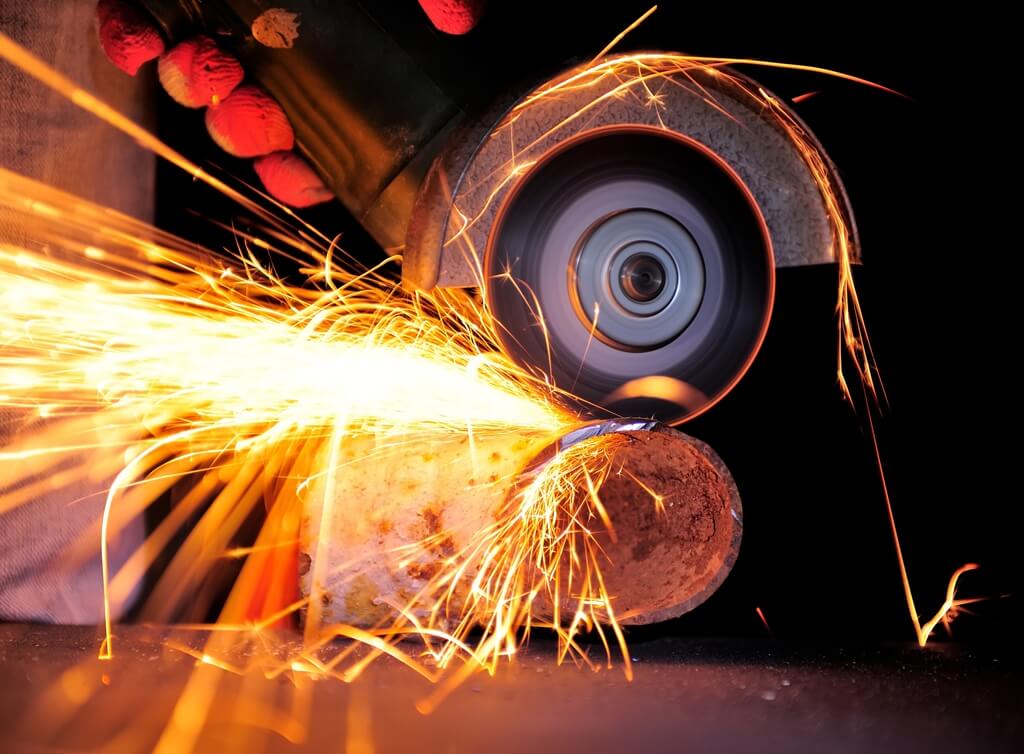As manufacturing processes evolve, Michigan’s unique blend of history, experience and resources, as well as its unparalleled access to talent, place it at the center of manufacturing excellence.
Advanced manufacturing blends a breathtaking number of innovative engineering and design techniques with core methods of manufacturing. It has propelled exciting advances in a wide range of industries, from the automotive sector to aerospace to eco-friendly products and the latest electronic devices.
Advanced manufacturing processes are continually evolving, however, so companies eager to harness them have to be nimble, cutting edge, and staffed with highly trained employees. Michigan is uniquely positioned to help businesses navigate these challenges, and to take advantage of the increased quality and productivity associated with advanced manufacturing techniques.
Herman Miller, a leading American manufacturer of office furniture, equipment, and home furnishings, opened shop in Michigan in 1905 as Star Furniture Company. It was drawn in part to the state’s natural resources, abundance of business partners, and deep pool of craft talent. Access to the right kind of talent has recently helped the company reintroduce its iconic Eames fiberglass chair, which now relies on a number of advanced manufacturing processes and methodologies. Highly trained computer numerical control technicians, pattern makers, upholsterers, and industrial sewers combine their efforts to produce a state-of-the-art chair that adheres to the highest environmental standards at every step of the manufacturing process. “While the labor market is increasingly challenging for all employers, Michigan is comparatively rich in highly skilled manufacturing talent and natural resources,” says Tony Cortese, Herman Miller’s SVP of People Services.
Michigan is experiencing its strongest job growth in more than a decade, with manufacturing one of its fastest growing sectors. In 2014, the state created 20,000 jobs in the manufacturing sector alone. This February, Governor Rick Snyder announced a $50 million grant program designed to help close the talent gap by supporting community colleges in their skilled trade instruction. “Local colleges and trade schools are developing programs and partnering with employers to ensure we have the right talent,” Cortese reports.
For businesses looking to maximize advanced manufacturing processes, talent is a critical resource. Gina Staudacher, an attorney with Howard & Howard, helps businesses assess locations best suited for their expansion goals. She notes that among the many advantages of doing business in Michigan, businesses most frequently extol the state’s skilled workforce, which has always been in the vanguard of current manufacturing trends. “The level of training necessary to get a person where they need to be is shortened greatly when working with employees from Michigan versus other states,” she says.
Aisin World Corp. of America, a Japanese corporation that develops components and systems for the automotive industry, located its U.S. headquarters in Michigan not only for the proximity to so many of its auto industry partners but because, as Executive Vice president John Clark notes, “Michigan’s resiliency is as important as its long history of automotive culture. State leadership understands the importance of the industry and has worked hand-in-hand with businesses to rebuild a strong economic climate. Our industry has been reengineered and revitalized” thanks to what is fast becoming a culture of advanced manufacturing.
That talent-driven culture gets a further boost from Michigan’s robust supply chain and logistics infrastructure: Whether it involves a new chair or a fleet of new cars, raw materials and components flow into Michigan– and finished goods flow out– with an ease and reliability that few other locations can match.
Companies that do business in Michigan also benefit from the help of the Michigan Economic Development Corp (MEDC), which offers business and economic development services including site selection assistance and talent recruitment support. Contact the MEDC to learn more about Michigan’s advanced manufacturing expertise and resources. Visit Michiganbusiness.org or call 888-565-0052.


